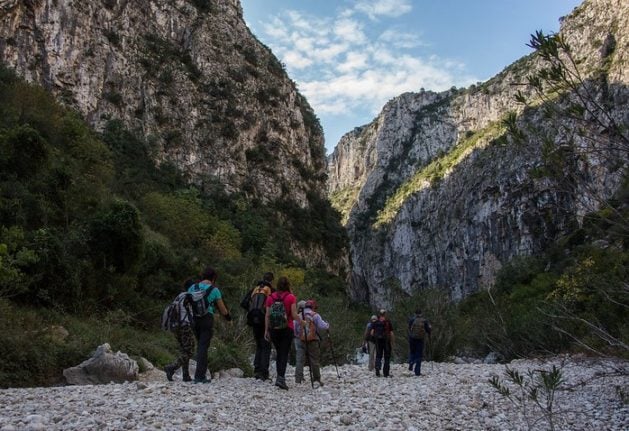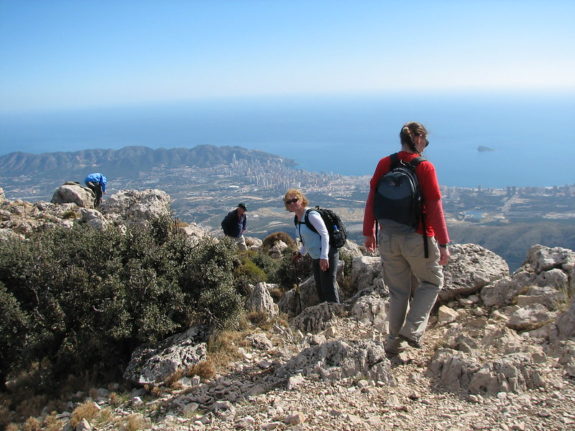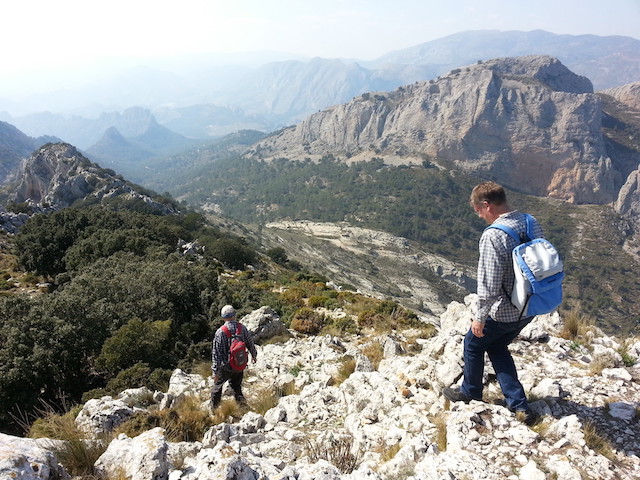A statement from the charity on Monday noted that two animals were run over this week alone, making traffic accidents the leading non-natural cause of death for the Iberian lynx in Spain.
It "condemned the "complete inaction" of government authorities, pointing out that 18 animals have now died in this way on the last 2 years.
The most recent case has caused particular outrage as it is the third lynx to be killed on the same stretch of road, near the city of Andújar in Andalucia.
WWF claim that a simple, low-cost repair of the road's perimeter fence would solve the problem.
The statement describes the failure of the authorities to do so as "a clear demonstration of the absolute indifference of the Ministry of Public Works and Transport to the issue."
A working group including the Ministry and WWF was convened in March 2013 but has not met since and its recommendations have not yet been implemented.
Only around 300 Iberian lynxes remain in the wild, making it one of the most endangered cat species in the world.
Experts say that if it were to become extinct, it would be the first feline species to do so since prehistoric times.





 Please whitelist us to continue reading.
Please whitelist us to continue reading.
Member comments